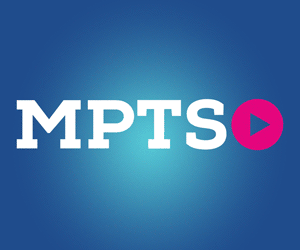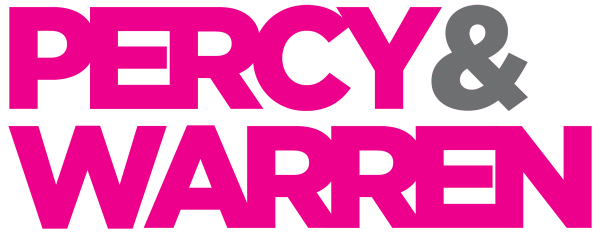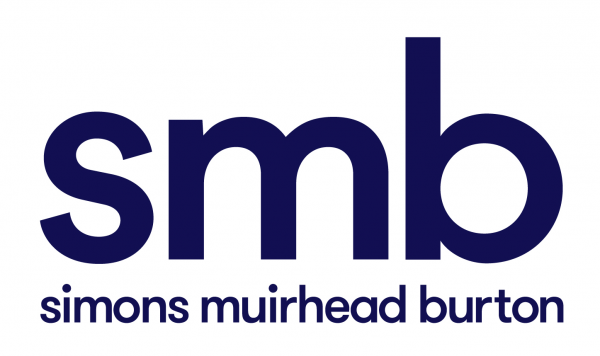VFX and post production are allowable costs within the Audio Visual Expenditure Credit (AVEC), providing the qualifying criteria are met. A minimum UK expenditure requirement of 10% of total budget must be exceeded, and the project must qualify as British via the Cultural Test or be an official co-production. Note that there are sufficient points available in the Cultural Test to qualify if only performing VFX or post in the UK.
You do not need to perform all production activity in the UK and it is absolutely possible to claim UK tax relief for post and VFX only, even if no principal photography occurs in the UK.
It is essential to set up a UK based limited production company (FPC or TPC) before shooting begins in order to account for all production costs, even if only the post-production or VFX occurs in the UK.
The VFX uplift
Since January 1st 2025, VFX expenditure will receive an uplift to the AVEC from 25.5% to 29.25% net after tax, and will be exempt from the overall 80% cap on total core production spend eligible for UK tax relief. This will mean that productions could receive 25.5% relief on filming and other non-VFX costs in the UK (up to 80% of total core spend) and still receive a 29.25% rebate on their VFX spend regardless of whether that spend takes their total UK core spend above the 80% cap on eligibility for relief. Any VFX activity claimed must occur in the UK and the basic AVEC qualification criteria must be met.
Relevant visual effects work is defined as the use of computer technology to create or alter images for inclusion in a film or programme. The cost of third-party vendor contracts to provide any of these common services, or other work to digitally alter or create images, is allowable:
- Pre-visualisation (provided it does not occur in the development phase)
- Concept design (provided it does not occur in the development phase)
- Storyboarding to plan VFX work/shots
- Creating CGI backdrops, characters and wholly CGI shots to be added to filmed footage
- Compositing
- Colour correction
- Beauty work
- Character and creature animation
- 3D modelling
- LIDAR scanning and photogrammetry (where it is used to create VFX environments and assets)
- Lighting and rendering
- Digital matte painting
- Temporary shots used for editing
- Motion capture (including body scans & facial capture)
- Stereo 3D conversion
- Producing images for virtual sets
The definition does not extend to the principal photography that creates the images that VFX artists work on.
VFX costs relating to Virtual Production will be eligible for the uplift, but not costs of shooting in front of LED walls (you can still claim standard AVEC for virtual production on-set costs at 25.5% net, if below the 80% cap)
SFX costs are not included in the uplift (you can still claim standard AVEC at 25.5% net, if below the 80% cap)
If VFX is part of a full-service post-package including non-VFX services, the production company must apportion the fee paid to the vendor on a just and reasonable basis, to exclude the element that relates to non-VFX services.
VFX within the Enhanced AVEC for Limited Budget Films
In 2024, a new tax credit for films with budgets under £23.5 million was introduced; colloquially known as the Indie Film Tax Credit (IFTC), even though it is not restricted to independent films and low budget studio films could also qualify. Relief is tapered if the budget of these films exceeds £15 million and the maximum net rebate that can be claimed is £4.77 million.
The VFX uplift cannot be combined with the IFTC or with the animation tax credit. However any VFX or post production expenditure on films claiming IFTC, are eligible costs, and could receive a net rebate of up to 39.75% depending whether the 80% cap on total eligible UK expenditure, or the overall £4.77 million IFTC cap are exceeded. If the budget is betwen £18 million and £23.5 million, it may be worth transfering to the AVEC, if there is significant VFX expenditure, as the uplift can then be claimed on this spend which will be exempt from the 80% cap and therefore the overall UK net rebate may be higher.









